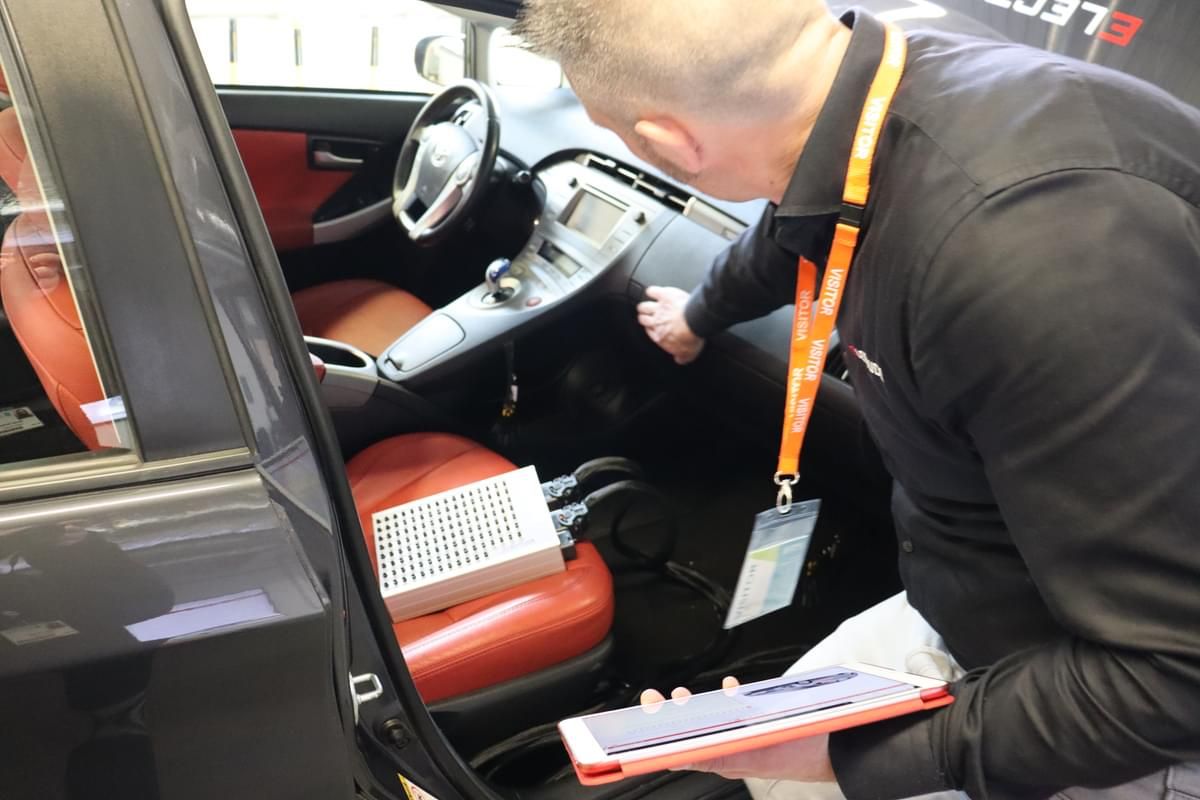New Electric Vehicle courses launched to help plug the skills gap in rapidly growing EV market

Cambridge Regional College (CRC) has launched a series of electric vehicle courses to help the region upskill and retrain to meet the growing demand around the electric vehicle industry for vehicle maintenance and charging point installation.
The courses are designed to support the automotive industry adapt and upskill to meet this industrywide sea change. With an estimated 620,000 pure electric, non-hybrid cars on the road in the UK, and with 224,919 new ones sold in 2022 – a 15.1% share of the UK’s new car market (according to data from HeyCar), the college worked with the Cambridgeshire and Peterborough Combined Authority to gain funding to install new machinery, equipment and create new training programmes.
The college’s five different green tech courses support the development of green skills for the local labour market through training in safety, maintenance, repair, and replacement of electric and hybrid vehicles. This allows garages within the region to be responsive to the increasing number of electric vehicles and as the 2030 ban on the production of new combustion engine cars in the UK rapidly approaches, The boom in electric vehicles is also causing increasing demand for the installation of EV charging points, this too forms part of the new suite of training courses for electricians to get the required training for installation of charging points in homes, workplaces and businesses in the region.
Paul Lacey, Head of Construction and Motor Vehicle, at CRC, says
“From 2030 onwards, electrified (hybrid and pure electric) vehicles are legislated to be the only form of vehicle sales permitted, with 2035 targeted as the date for hybrid drive sales to end. Market forces, particularly in the Cambridge city area, have seen electric vehicle ownership and use soar. Early concerns around range anxiety and availability of charging networks have been largely unfounded for private customers and the adoption of electrification by Cambridge taxis and bus network has seen an improvement to inner city air quality.
“Experts are predicting there will be a 300% rise in electric/hybrid vehicles, in less than a decade. However, the motor trades own figures state that by 2030 there will be a 25,000 shortage of qualified technicians to service the vehicles. There is a desperate need to upskill the current motor trade network. Hybrid and Electric Vehicle servicing comes with new challenges and considerations, but the rewards are great and as result there is access to a customer base that is expanding rapidly for garages”.
The courses aim to help train current technicians or other personnel within the wider motor vehicle industry (receptionist, breakdown technicians, salespersons) who need to know more about electric and hybrid vehicles so they can work on them safely and feel confident about diagnosing faults. CRC is driven to encourage the growth of talent and skills in the sector, helping to prepare the technicians of tomorrow.
Cambridge Regional College is a leading further education college with campuses in Cambridge and Huntingdon. The college is graded Good by Ofsted and Strong for Skills.
It provides a wide range of vocational learning opportunities for students leaving school with vocational study programmes, apprenticeships, and higher education through to adults looking to upskill, gain qualifications, get back into the workforce or take up a new hobby.











Responses